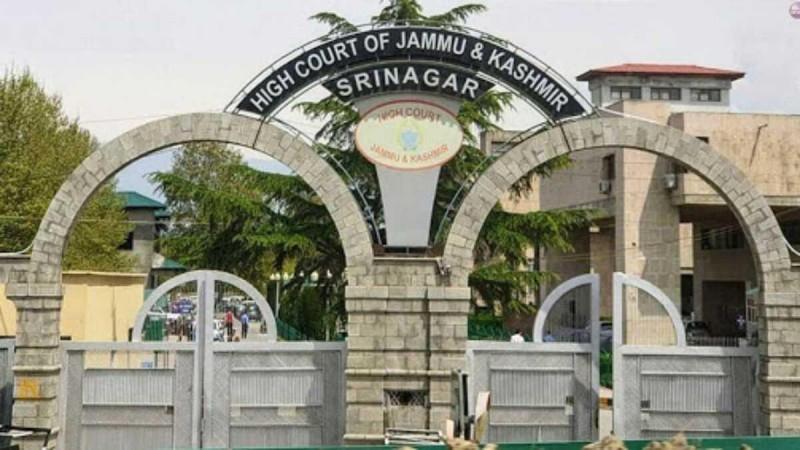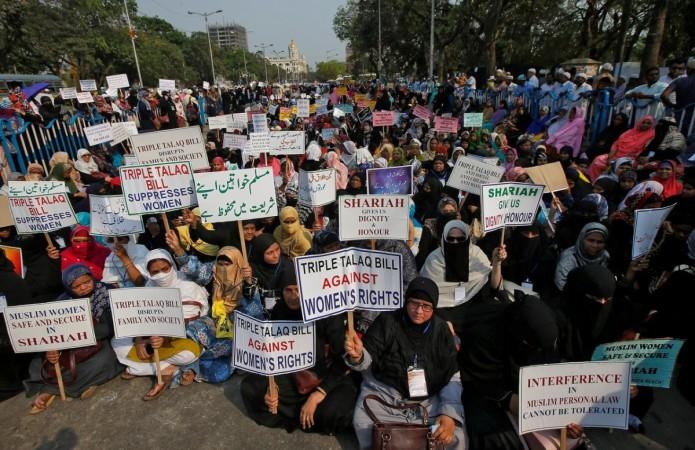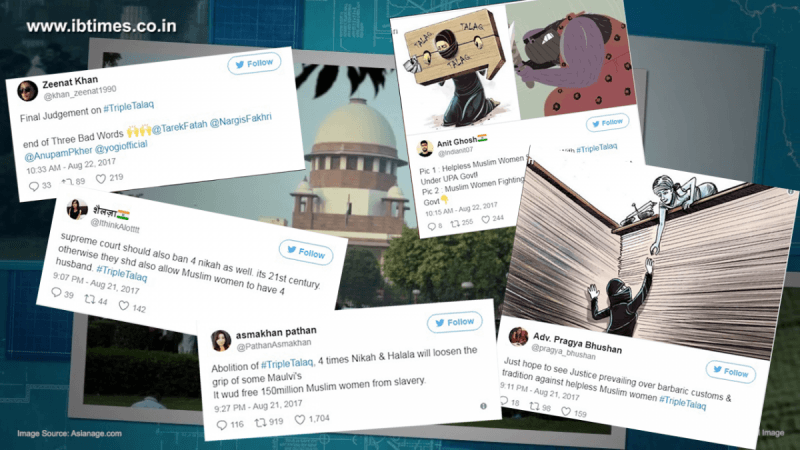
In a groundbreaking judgement with far-reaching implications, the Jammu & Kashmir High Court has declared that a mere utterance of the word 'Talaq' three times by a husband does not suffice to dissolve a Muslim marriage. This judgement, delivered by Justice Vinod Chatterji Koul, has brought about a paradigm shift in the understanding and practice of divorce proceedings in Muslim marriages.
The case that led to this ruling involved a wife who had initially secured an ex-parte maintenance order in 2009. The husband challenged this order, leading to a protracted legal battle that eventually reached the High Court. The case was remitted back to a trial court in 2013. In February 2018, the trial court ruled in favour of the husband, stating that the parties were no longer married. However, an additional sessions court overturned this order and directed the man to pay a monthly maintenance of Rs 3,000 to the wife.
The man challenged this order in the High Court in 2018. During the proceedings, the petitioner clarified that he did not pronounce instant triple talaq, a practice struck down as unconstitutional by the Supreme Court in the Shayara Bano case. He also presented a Talaknama (divorce deed) conveyed to his wife. However, the court was not swayed by these arguments.

The court noted that the petitioner had made three pronouncements of Talaq in the Talaknama, declaring that he had divorced his wife and relieved her from the wedlock. The court, however, deprecated such a practice, stating that the mere pronouncement of the word 'Talaq' three times by a husband is not enough to end a Muslim marriage nor to escape obligations such as the duty to maintain one's wife.
The High Court held that there are several accompanying acts to be carried out, including the need to pronounce 'Talaq' at a specific interval, the presence of witnesses and reconciliation. The court stated, "For making divorce (Talaq) valid, it is not enough that it is pronounced in the presence of two witnesses. The witnesses must be endued with justice as the purpose is to ensure that the witnesses, prompted by their sense of justice, may request and persuade the spouses on the verge of separation to calm down, resolve their disputes and lead a peaceful marital life."
Justice Koul further elaborated that a husband who wishes to evade any obligation to maintain his wife by claiming that he divorced her must not only prove that he pronounced Talaq or executed a divorce deed, but also prove the following: efforts were made by the representatives of both husband and wife to settle the marital dispute, and that such efforts were not fruitful; there is a valid reason and genuine case for the divorce; 'Talaq' was pronounced in the presence of two witnesses endued with justice; 'Talaq' was pronounced during a period of tuhr (between two menstrual cycles) without indulging in sexual intercourse with the divorcee during the said tuhr.

This ruling aligns with the spirit of the Shayara Bano case, in which the Supreme Court struck down instant triple talaq as unconstitutional. The Jammu & Kashmir High Court's decision reinforces the position that divorce in Islam must follow due process, not just a verbal declaration, supporting the notion that instant triple talaq is not legally valid.
This judgement is a significant step towards ensuring the rights of women in Muslim marriages. It emphasizes the importance of due process and the need for reconciliation efforts before a divorce can be finalized. It also underscores the fact that a husband cannot evade his responsibilities towards his wife by merely pronouncing 'Talaq' three times.
This ruling is not only a landmark judgement in the context of Muslim marriages in India but also a significant development in the broader context of women's rights and gender equality. It sends a strong message that the rights of women cannot be undermined by the mere utterance of a word, and that the law will ensure that due process is followed in all matters, including divorce proceedings.

The Jammu & Kashmir High Court's ruling on triple talaq is a significant milestone in the ongoing efforts to ensure justice and equality in marital relationships. It underscores the importance of due process and the need for reconciliation efforts in divorce proceedings. It also sends a strong message that the rights of women cannot be undermined by the mere utterance of a word, and that the law will ensure that due process is followed in all matters, including divorce proceedings. This judgement is a significant step towards ensuring the rights of women in Muslim marriages and a major development in the broader context of women's rights and gender equality.

















